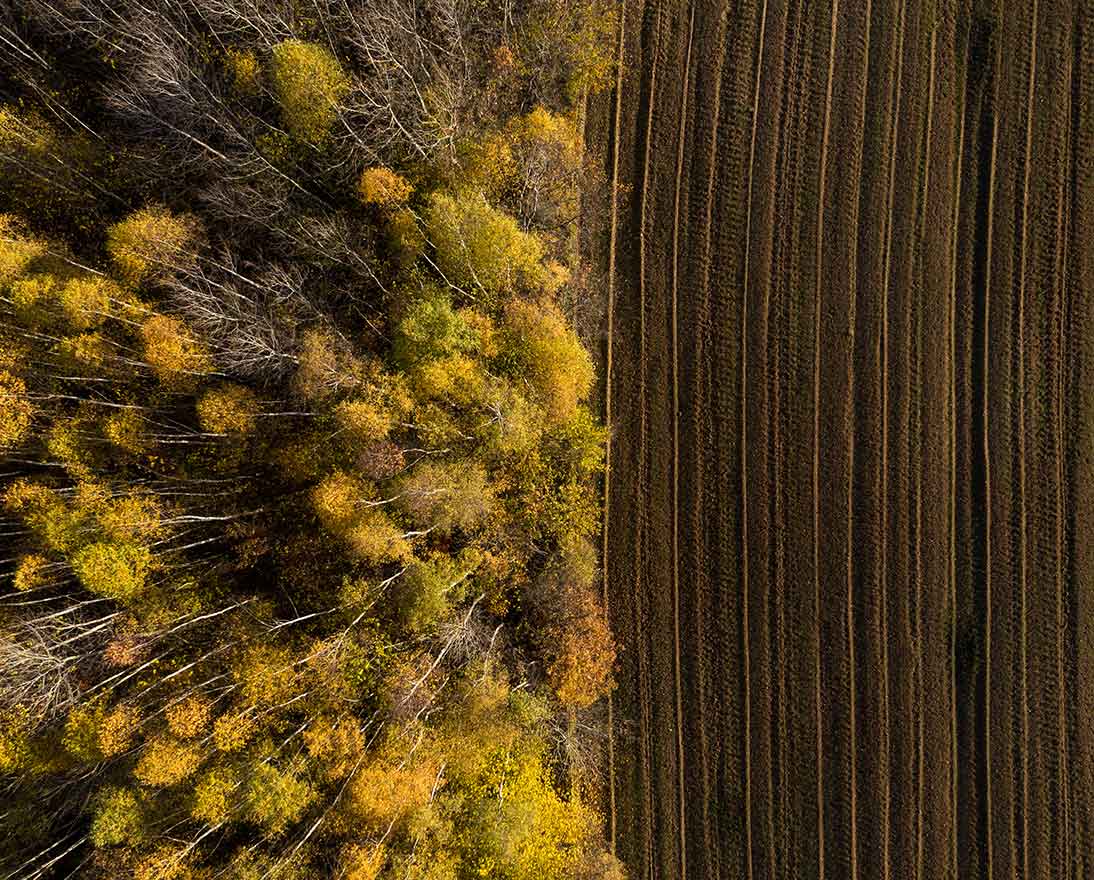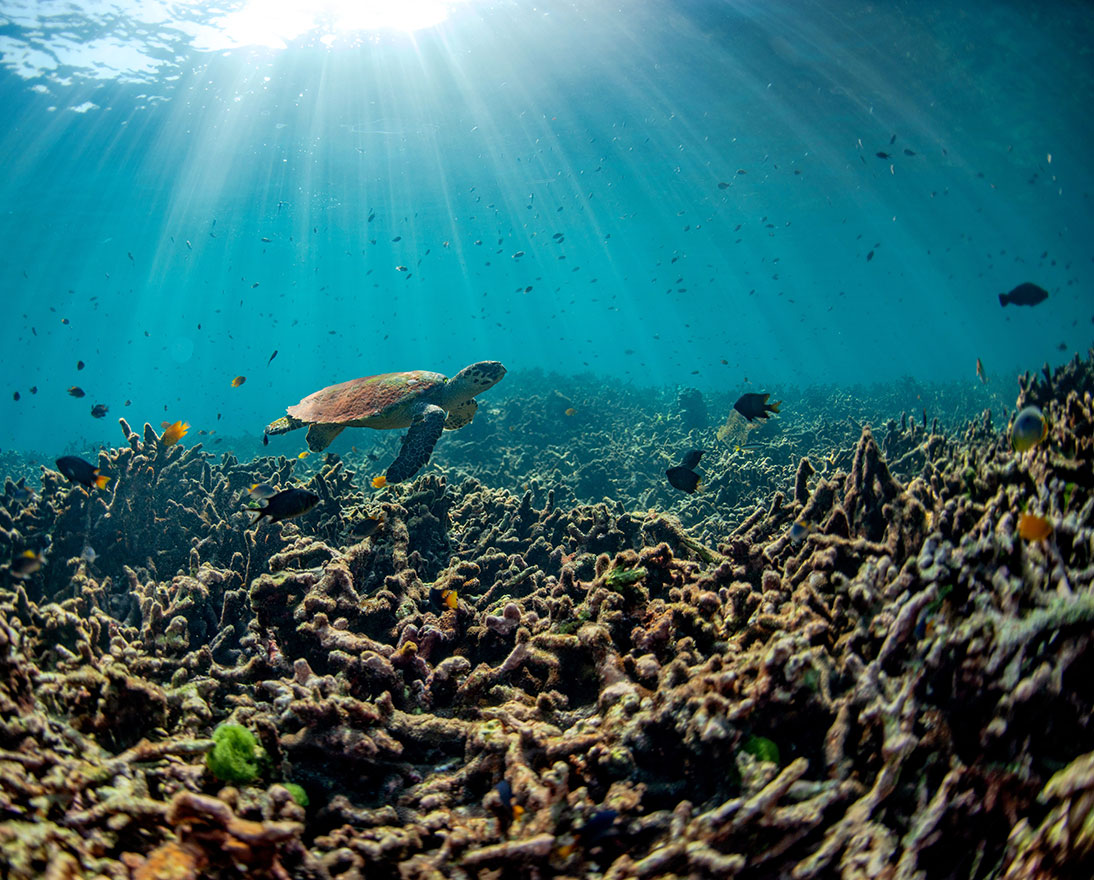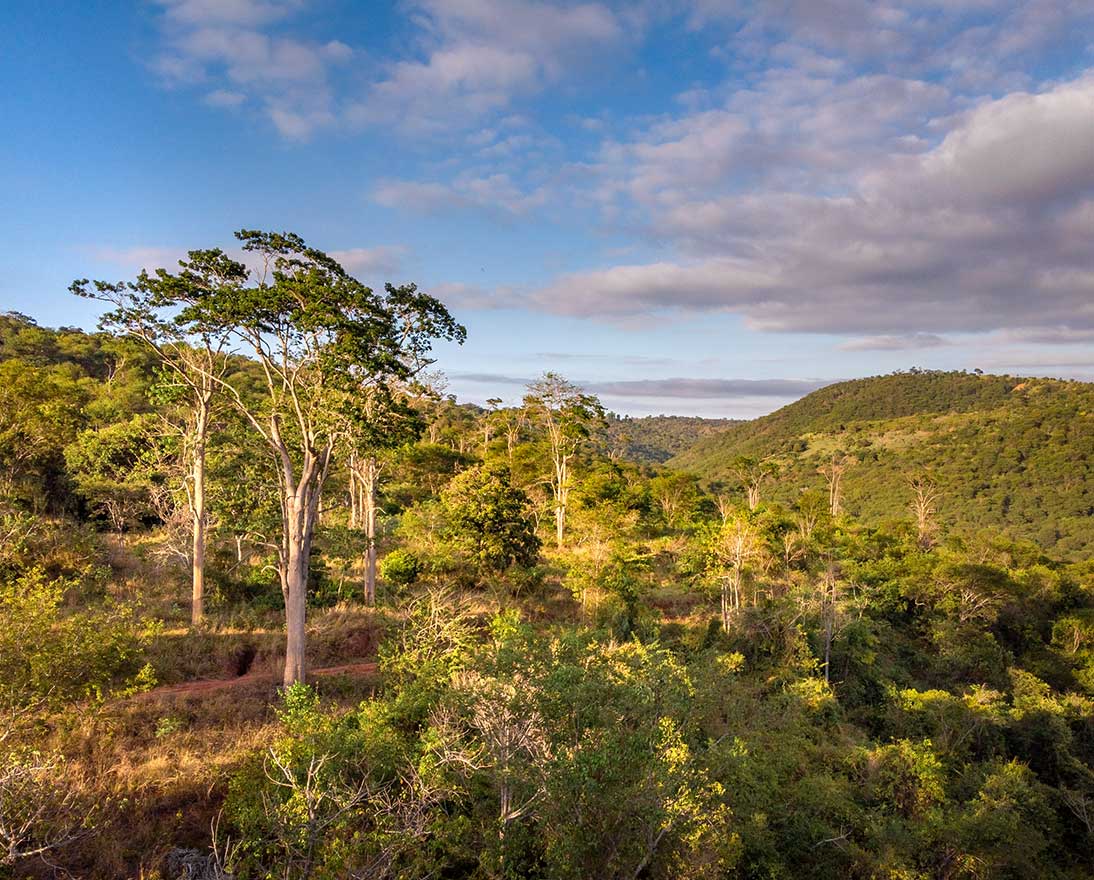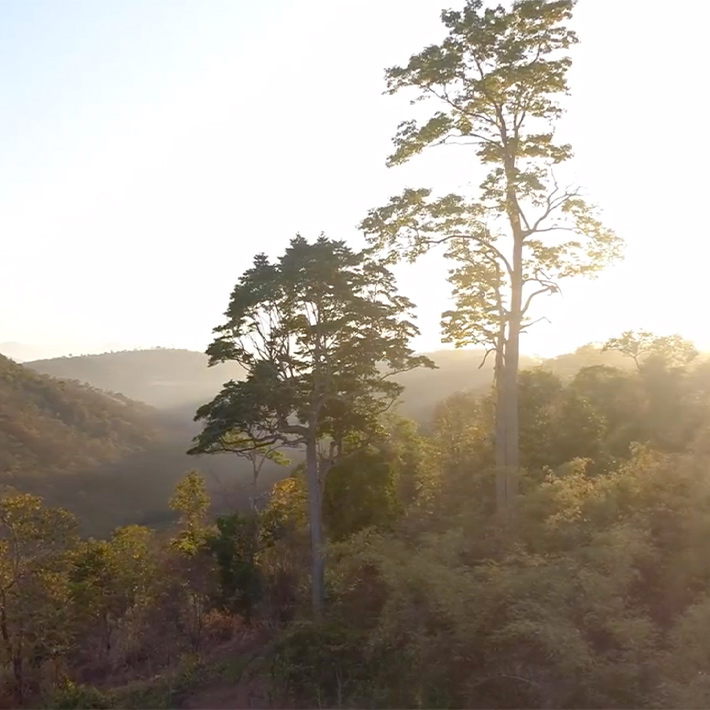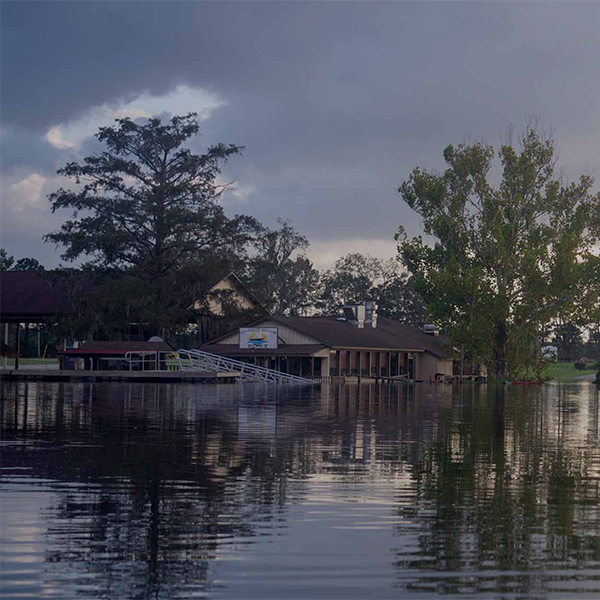
Nature and biodiversity
Nature is fundamental to human existence
Nature encompasses everything in the natural world, from plants to animals, the air to the sea, all of which interact in myriad ways as part of a mutually reinforcing web of complexity.
Through the ecosystem services it provides, nature underpins the world’s food system. It sustains the quality of the air, fresh water and soils. It regulates the climate, provides pollination and pest control, absorbs carbon emissions and reduces the impact of natural hazards. More than three-quarters of the world’s food crops rely at least partially on pollination by insects and other animals while nature inspires or forms the basis for 70 percent of cancer drugs.1
Biodiversity – the variety of all life on earth - underpins the resilience of nature’s ecosystems upon which all human and economic development depends. And yet through our activities, humans are causing widespread impacts to nature:
Biodiversity is declining more quickly now than at any time in human history, with wide reaching consequences:
- Ecosystem service resilience: Decline in biodiversity impacts the resilience of ecosystem services underpinning human and economic development
- Economic impacts: USD 44 trillion of economic value generation – more than half of the world’s total GDP – is moderately or highly dependent on nature and its services and is therefore exposed to loss of nature.4
- Climate mitigation: As emissions continue to increase, the Earth’s largest carbon sinks (forests, soil and oceans) are becoming less effective at absorbing carbon.
- Climate resilience: 100-300 million people are at increased risk of floods and hurricanes because of coastal habitats loss.5
It is clear from these impacts that continuing along a business as usual path is not possible. Zurich Insurance Group (Zurich)’s ambition is to play an active role in the transition to a future where nature is protected from further degradation, conserved and allowed to regenerate. We already incorporate nature related considerations into business decision making. We perform dedicated screening for projects considered to have elevated sustainability risk, and pay special attention to risks that may adversely affect water quality and access, take place in sensitive ecosystems or cause damage to protected areas or critical natural habitats.
Zurich is focused on understanding how industries impact, and are dependent on, biodiversity, so we can start to consider the resulting physical and transition risks of biodiversity loss.
Armed with this knowledge, Zurich can start to work with customers to help them better manage risks and embrace nature-related opportunities to transition to a nature-positive economy.
1 https://www.weforum.org/reports/nature-risk-rising-why-the-crisis-engulfing-nature-matters-for-business-and-the-economy/
2 Global Assessment Report on Biodiversity and Ecosystem Services | IPBES secretariat
3 IPCC_AR6_WGI_SPM_final.pdf
4 https://www.weforum.org/reports/nature-risk-rising-why-the-crisis-engulfing-nature-matters-for-business-and-the-economy/
5 https://www.unep.org/facts-about-nature-crisis
What is nature positive?
We consider that the term ‘nature positive’ can be variously used to describe:
- A future state we strive to achieve where nature is being restored and is regenerating rather than declining
- The transition to that future state, which we can facilitate as an insurer.
- An individual action we can take, or encourage our customers / investees to take, as part of that transition (e.g., conservation, regeneration).
Zurich Forest
Reviving part of one of the world’s greatest
forests
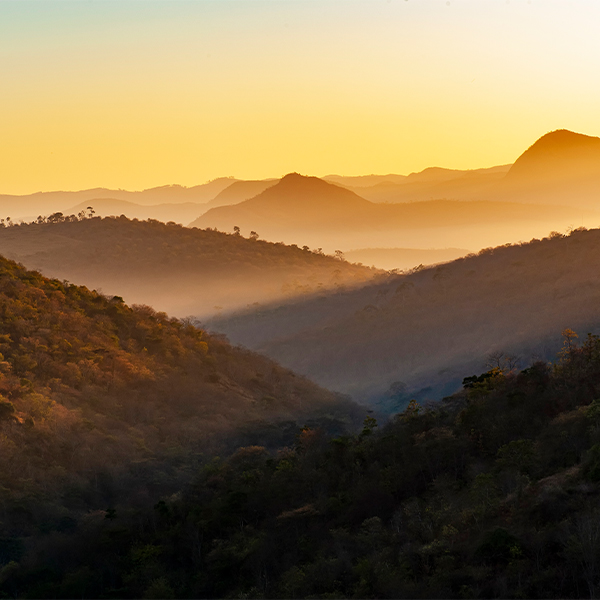
Zurich is partnering with non-profit Instituto Terra to help restore 700 hectares of nature in Brazil’s Atlantic Forest in a project lasting eight years. While our 1.5°C roadmap is closely connected to our business, the Zurich Forest project raises awareness of deforestation and loss of biodiversity, key factors in accelerated global warming.
Instituto Terra
In 1998, Brazilian photographer Sebastião Salgado and his wife Lélia set out to reclaim a small portion of the once-mighty Atlantic Forest, the Mata Atlântica, in Brazil. Until it was nearly destroyed, Brazil’s ‘other’ rainforest, was a sanctuary to wildlife and plants. A vital resource for local people, it stretched along much of Brazil’s eastern coastline. Today, after hundreds of years of destruction, the forest has almost vanished. Zurich wants to help restore it. So, in 2020, in collaboration with Instituto Terra, the Salgados’ non-profit organization, Zurich established the Zurich Forest project.
